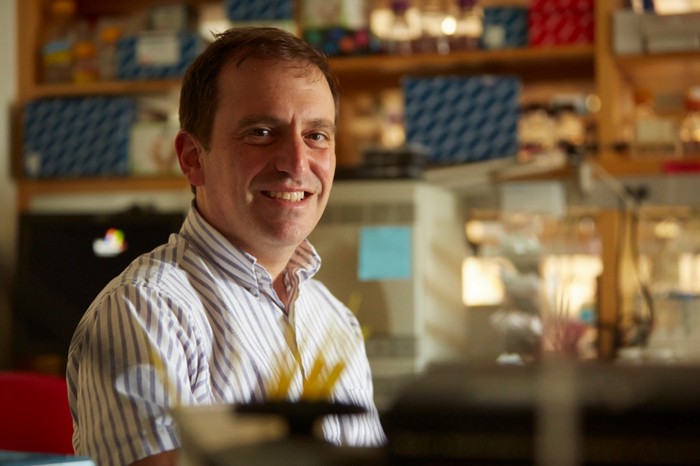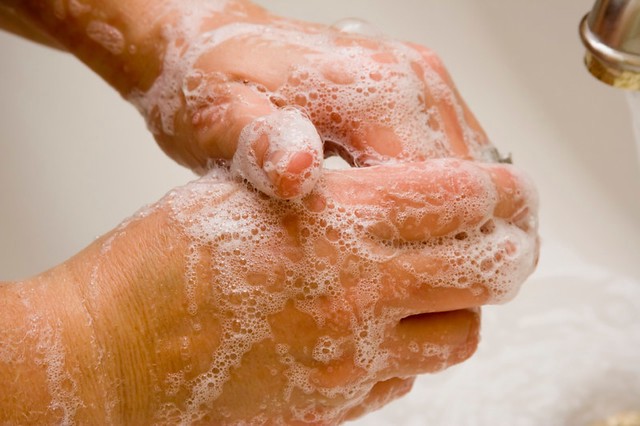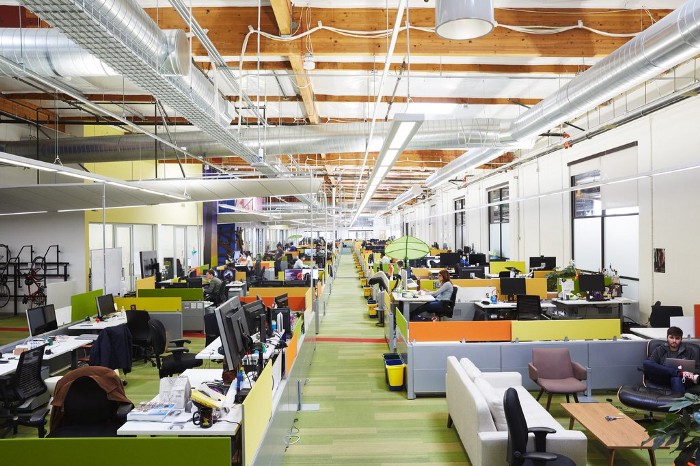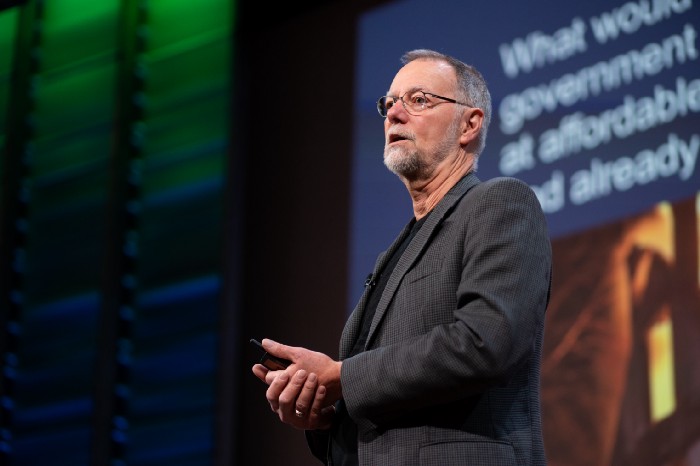On March 18, 2020, Brett Jenks hosted a live-streamed talk — initially slated as part of the South By Southwest Festival — on 7 actions individual Americans can take to help curb climate change, and Rare’s new initiative to spark their adoption. Watch the talk here.
On February 14, one of the world’s leading epidemiologists, Marc Lipsitch, said something that made nearly everyone outside of Wuhan, China, roll their eyes. “I think it is likely we’ll see a global pandemic…40 percent to 70 percent of people worldwide are likely to be infected in the coming year.”
His quote came up in the very last paragraph of a Wall Street Journal article about Covid-19’s potential transmission rate. Had they been lacking space that day, Lipsitch’s quote may not have even had made the paper.
That was one month ago.
On Wednesday, March 11, the World Health Organization, made it official: Covid-19 is a pandemic, with thousands of deaths and likely hundreds of thousands of infected citizens globally. For the average American, in the span of just four weeks, this novel coronavirus transformed itself from a curious note about bats infecting pangolins at live animal markets in Wuhan to a national emergency, with corporate travel bans, school closings, unprecedented “work from home” policies and a 25 percent drop in the stock market. All of a sudden, everyone wants to hear from scientists. We want to see the charts, the models, the projected transmission rates, and how to flatten the curve. We want to know how many empty hospital beds and ventilators there are in our towns. We want to know why we weren’t better prepared as a nation. Why no testing kits? Why was this called a hoax?

With Covid-19, America has experienced the kind of transformation in just four weeks that climate change activists have dreamt of for nearly forty years.
Despite decades of warnings from top scientists, many Americans feel about climate change today the way we felt about Covid-19 just one month ago. This isn’t going to affect me or my family, we tell ourselves. There’s nothing I can do to help solve the problem anyway. I don’t even want to talk about it because I don’t know much about it, I don’t want to be alarmist. Nobody likes Chicken Little, and clearly the sky is not falling. At least not yet.
Coronavirus is not climate change, but it has similar dynamics. Covid-19 is what social psychologists call a “social good” problem, meaning that our personal behavior impacts those around us. Everyone is better off if we make a few sacrifices, like washing our hands, staying off airplanes, and working from home.
And the coronavirus shares another similarity with climate change, as well. Most importantly: If you wait to act once you start feeling it in your own community, you are far too late. Delayed action costs lives.
So why is there such a difference in the human response to each? For starters, Covid-19 is a clear and present danger. Climate change, for most Americans, feels like someone else’s problem. According to the Yale Program on Climate Change Communication, 67% of Americans believe climate change will harm others, but just 42% believe it will someday harm themselves.
With Covid-19, some fear for their reputation almost as much as they fear for their health; no one wants to look cavalier or careless this week, even though some television pundits called the coronavirus a hoax as recently as last week. How is it that nearly overnight, we’ve created new norms around self-care and community care?
My own recent personal experience offers a couple of insights. Ten days ago, I learned a member of my staff might have contracted coronavirus after traveling home through South Korea. That news instantly changed my own thinking on Covid-19. It was now personal.
We updated Rare’s travel policies that evening, putting a halt to all international and domestic travel. My wife and I called our parents, encouraging them to take this seriously, and we spoke to a niece about possibly postponing an upcoming wedding. All because what had been an abstract threat suddenly felt very close to home.
We change when we see those around us changing, especially when we can observe local effects and local responses. Seeing change around us gives us permission to talk about the problem. (“This is crazy. I’ve been washing my hands ten times a day.”) Seeing change gives us insight into potential solutions. (“We established a travel ban. We’re all teleworking. We just bought a slew of videoconferencing licenses.”) Seeing change and taking smalls steps to enact change ourselves creates subtle shifts in our identity. (“No, of course we’re not going out tonight; we don’t want to be transmitters.”)

Human beings are incredibly social, which is why social distancing and how it’s come about is such a fascinating experiment. I often tell others: people don’t flee the theater when they see smoke; we flee the theater when we see other people fleeing the theater. This has been proven dozens of times by researchers who make the point that others’ behavior is way more influential to us that any alarm bell or scientific evidence. Long before science, pre-literate humans knew that if everyone started running from a threat, she who ran last was probably lunch.
This week the Trump administration finally announced a national emergency. This happened only after Washington and New York announced statewide emergencies, after Amazon and Google and Ford Motor Company asked their employees to work from home, after hand sanitizer, alcohol wipes, and toilet paper had sold out of many local supermarkets, and after even Disney, which had only ever closed for Kennedy’s assassination and 9/11, closed its doors. Politicians don’t usually lead. They tend to scamper carefully ahead of the pack, looking over their shoulder to make sure they stay out in front of wherever the horde is heading.

Google told its North American staff to work from home until at least April 10. Credit: Google
So, what does this mean for climate change? Policy change is the most important thing we need. But our elected officials won’t pass comprehensive climate policy until it is virtually required of them in order to stay out ahead of us. If we start running in the right direction, they’ll follow.
Robert Frank, an economics professor at Cornell, used to be skeptical about the role individual action plays in addressing climate change. But last year, his thinking evolved. He recently wrote in the Washington Post:
“The environmental impact of seemingly insignificant voluntary actions is far greater than most people realize, for two related reasons. First, they have the power to shift how the people around us behave. Second, and more importantly, they change who we are, making us much more likely to support the large-scale policies needed for progress.”

Robert Frank, professor of economics at Cornell University, speaking at an event hosted by Rare’s Center for Behavior & the Environment last year on behavioral approaches to sparking individual climate action.
We need to spend less time trying to convince each other with charts and graphs and logical arguments, and more time enabling individual personal action so that everyone can feel like they are part of the solution. Just a month ago, it’s fair to say that no one listened to epidemiologists, especially when they made budgetary requests. The same can be said for climate scientists. The best thing we can do for climate science is not very scientific: what we need to do is socialize personal behavior change and make it easy for people to adopt actions that actually make a difference.
As these new norms get established by individuals and their employers, it will become normal to talk about climate change and to self-identify as part of the solution. When we change, everything changes.